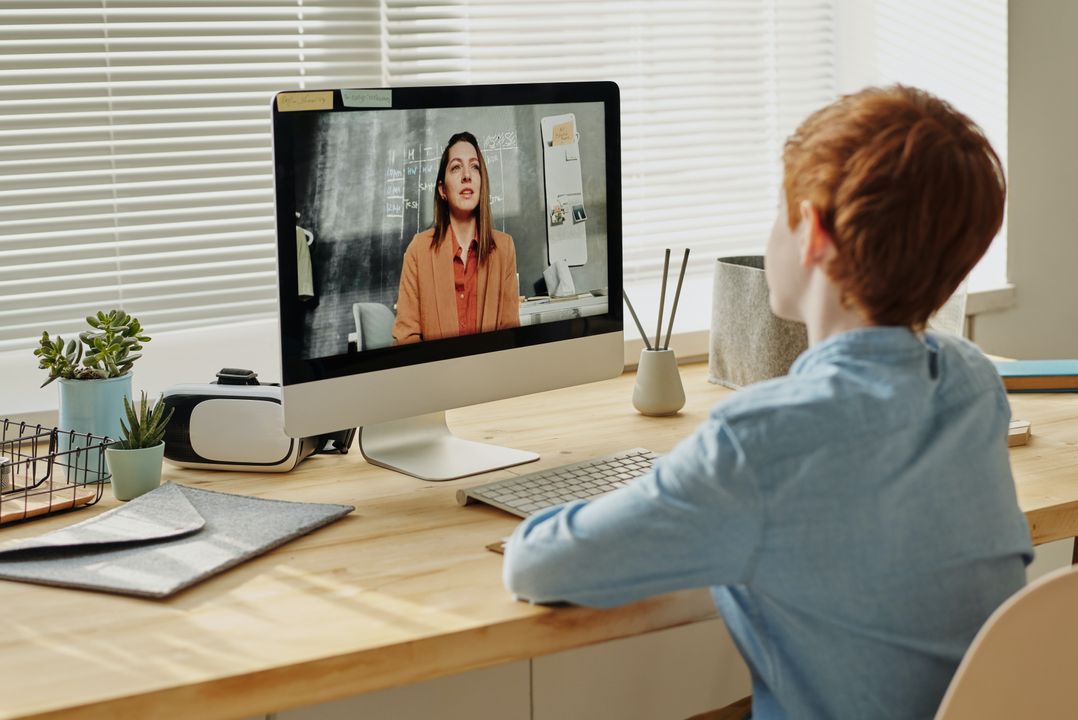alugha goes podcasts
Thanks to alugha, it is now possible to listen to podcasts, to enregister them as well as to trancribe and to multilingualise them
alucation can help to interact multilingually in the classroom. Read the article to find out why this is important.

Read this article in: Deutsch, English, Français
Estimated reading time:2minutesWe live in an interconnected, globalised world. Society in one country is more diverse today than ever before. Moreover, a large part of the world's population is multilingual. Most schools, on the other hand, are monolingual. Bilingual schools are often private schools and they cover only a small part of the actual language diversity within a country. For the most part, bilingual schools in Germany are at most English- or French-speaking. These are also the two languages that are mostly taught at German schools. Spanish or Italian are also taught, and occasionally Russian or Mandarin. Arabic, Turkish, Kurdish and even autochthonous minority languages, on the other hand, are hardly ever taught. In this way, so-called heritage speakers of these languages are rarely literate in their L1 and in a way excluded.
There are many countries where it is problematic not to have a proper command of a country's language. What counts as "right" in this context is determined by the powerful monolingual minority and does not always do so objectively. As unfair as this is, it is unfortunately real. Language skills determine educational success. Moreover, languages are still hierarchised.
But it is also real that we live in a multilingual society. This must be recognised and promoted. However, this should not be the privilege of an elite minority, but accessible to all. To this end, more research is needed on the topic of multilingualism at all levels (not only purely linguistic, but also on a sociological, sociolinguistic or psychological level among othery).
I personally find school systems in many countries to be fundamentally out of date. Fortunately, there are many people who are courageous and consider alternatives. For example, there are numerous learning videos that impart knowledge in a new, digital way.
alucation doesn't want to wait for tomorrow's reforms either and has come up with the following:
Videos are made available free of charge and not monetised
Videos from various topics are available
With the alugha toolkit, the videos are multilingual
The videos are not only available in European languages. So alucation looks beyond its own nose.
alucation is ad-free and protects your data
Complex issues are easier to understand in the first language.
So click here and discover the alucation universe.
#alugha
#wespeakearthish
#everyoneslanguage
#multilingual
Sources:
Olga Grjasnowa: Die Macht der Mehrsprachigkeit. Duden Verlag. 2021
https://www.rausgang.de/blog/ (02.02.2022, 13:06)
https://www.swr.de/swraktuell/baden-wuerttemberg/mannheim/draussenschule-102.html (02.02.2022,13:10).(0
https://www.ufuq.de/was-ist-gutes-deutsch/ (02.02.2022, 13:04)
https://www.youtube.com/watch?v=ksCrRr6NBg0 (02.02.2022, 13:11)
Photo: Julia M. Cameron via Pexels
| Code | Name | Views | Percentage |
|---|---|---|---|
| deu | Deutsch | 52 | 56.52% |
| eng | English | 33 | 35.87% |
| fra | Français | 7 | 7.61% |
| Total | 92 | 100% | |
Thanks to alugha, it is now possible to listen to podcasts, to enregister them as well as to trancribe and to multilingualise them
Podcasts enjoy great popularity. However, you still don't find transcripts for them that often. But why do you actually need a podcast transcript? And how do I create one?
The year 2023 has started and the alugha team wishes you a happy, healthy and successful new year. We also have a tip for you: start your year multilingually!